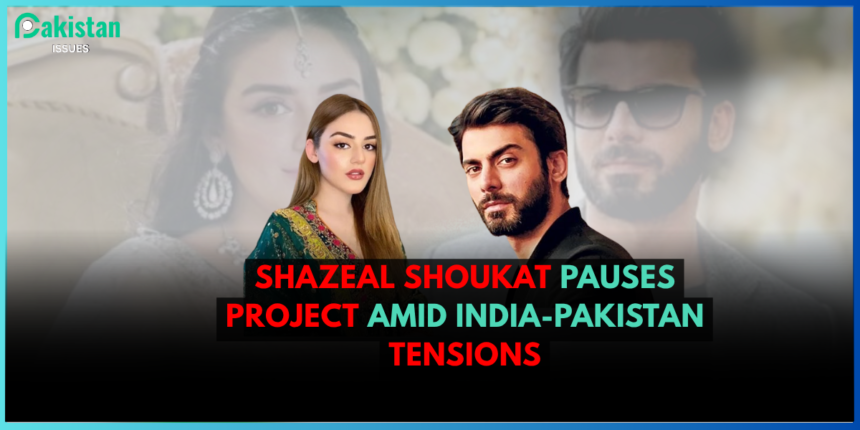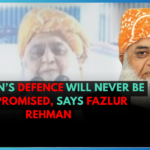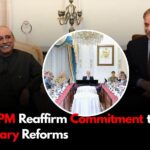In the wake of renewed diplomatic tensions between India and Pakistan, actress Shazeal Shoukat reportedly decided to withdraw from a cross-border entertainment project, given the current political climate and if the project was even plausible. The actress, whose profile is rising in Pakistan television and film, was in advanced discussions for a joint venture with Indian and Pakistani talent, one of a series of projects that explore the possibilities of collaboration.
Industry insiders familiar with the matter confirm that Shoukat, who had initially shown enthusiasm for the script and its message of cultural harmony, decided to pause the project after recent statements by political figures and a wave of public backlash on social media. The project, which had not yet been officially announced, aimed to be a drama film tackling shared cultural roots and the impact of historical divisions.
Speaking off record, a member of Shoukat’s management team said, “She remains committed to regional storytelling and is passionate about using her art to bridge divides. However, at this time, the environment isn’t conducive to such a project moving forward without unnecessary politicization.”
The spokesperson noted the actress made the decision in her own volition with pressure from state actors or production houses in Pakistan.
This instance follows an uptick in rhetoric from officials from each side around recent border incidents and relative statements from Indian politicians concerning Pakistan’s internal matters. Once more, the tenor has returned to a situation in which informal limits are placed on artistic interactions, with both Indian and Pakistani actors and filmmakers shunning joint endeavors at fear of consequences at home.
Shoukat’s quiet withdrawal has not gone unnoticed in Pakistan’s entertainment circles, where a few producers have expressed disappointment that politics continues to interfere with cultural expression. One producer, who had once worked with Indian collaborators before the 2019 Pulwama-Balakot fallout, noted, “We thought we were finally moving into an era where art could stand above politics. But clearly, that time hasn’t arrived yet.”
In India, similar projects have also come under pressure, especially with the rise of nationalist sentiment on social media platforms. A handful of Indian filmmakers who once advocated for cinematic cooperation across the border have either gone silent or shifted focus to purely domestic content, fearing public boycotts.
As for Shoukat, sources close to the actress say she’s currently considering other local and international projects, including streaming ventures with production houses in the Middle East. “Her career isn’t slowing down,” a colleague said. “She’s just choosing her projects more carefully given the current climate.”
Though the halted project is a casualty of deteriorating ties, it’s yet another reminder of how quickly art becomes collateral damage in political stand-offs. For now, Shazeal Shoukat’s decision reflects a broader sentiment in South Asia: until there is genuine political thaw, cultural cooperation will remain a difficult, if noble, ambition.










